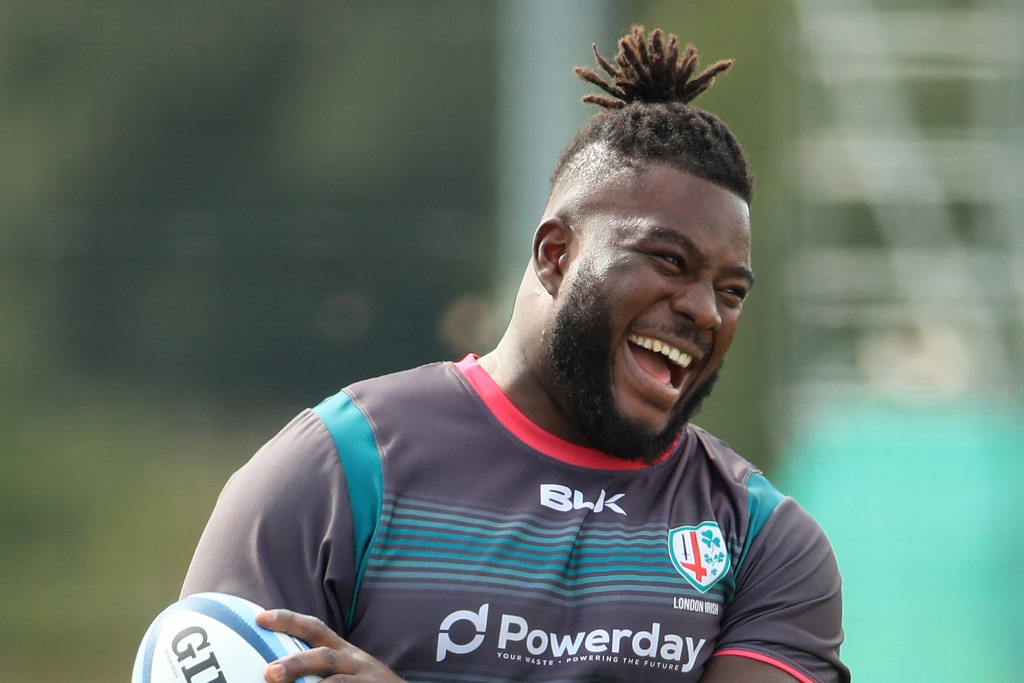
Lovejoy Chawatama lives up to his name. The 28-year-old London Irish prop, who is just as comfortable at loosehead or tighthead, delivers each answer with a beaming smile and animated hand gestures. Not only that, he speaks with an amalgamated accent. Part British, part southern-African, he confirms the unique nature of his journey with every syllable.
“I’ve come a completely different route than most people in the Premiership,” he says over a Zoom call the week after London Irish’s final game of the season, a 36-7 defeat to Bristol.
Born in Harare, Zimbabwe, in 1992, he grew up in relative privilege thanks largely to his mother who worked as a teacher in England and sent money back home. He attended Watershed College, one of the top private all-boy boarding schools in the country.
With near-perfect weather all year round, his natural athleticism and power was cultivated in a variety of sports including hockey, cricket and swimming. But it was on the rugby field where he really flourished.
When he was 15, his mother had grown weary of the distance between herself and her two children. Chawatama and his sister packed their bags and were planted in the middle of the school year in an alien world.
“It was difficult at first,” he said. “I’d never experienced that sort of cold before. I’d wear four layers and it wasn’t enough. Most challenging of all was that there was no rugby at the school. In Zimbabwe, the entire school would come to a standstill when the first team played. I missed that when I came here.”
Locating a local club became a priority and in Beckenham Rugby Club he found a new home. “They became my family,” he says. “I wouldn’t be where I am without them.”
Chawatama made slow but steady progress as a bustling loose forward, earning selection for Kent’s U20 squad. It was there that he was told his height – 5ft 9in – would be a barrier to higher honours. If he was serious about becoming a professional, he’d have to transition to the front of the scrum.
Back at Beckenham, former Wasps hooker Dan Leek taught Chawatama the dark arts of scrumming and by 2014 he was on the books at London Scottish. Two years later he was with London Welsh. In 2017 he joined London Irish, scoring a try in a 44-7 victory over State Francais in Paris, a highlight in an otherwise disappointing campaign that ended in relegation from the Premiership.
Chawatama is taken by the idea that the three major clubs he has represented provide a fitting parallel with his personal narrative. As an exile of sorts himself, he appreciates how being an outsider can prove a galvanising force.
“Every single team, from Welsh, to Scottish and now with Irish, has welcomed me with open arms,” he says. “I’ve worked hard and I am a big believer in hard work, but it means nothing without opportunities. I believe in opening doors for people who might not necessarily receive it.”
Chawatama enthusiastically involves himself when he can in Project Rugby, the programme run by the Premiership that seeks to increase participation in the game by people from traditionally underrepresented groups such as Black, Asian and minority ethnic people, people from lower socio-economic backgrounds and disabled people.
“I don’t come from a wealthy family,” Chawatama explains. “My mum grafted to give her family a better life and we never received handouts. If I can help people, I do so. It’s not even something I think about.”
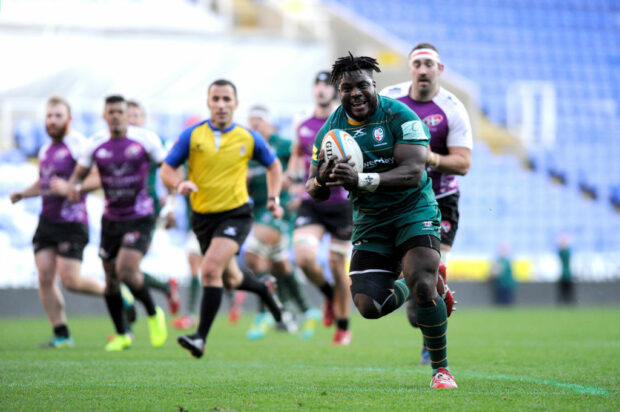
It is well documented that rugby in England is largely perceived to be a bastion of the elite. Top schools affiliated with academies still provide the best paved path to a professional contract. Those on the outside are often left looking in.
The coronavirus pandemic has not changed the way the modern sports industry is structured, but it has in part placed the games we play and watch within a wider context.
This collision of sport and the world around it came to a head when rugby returned in August. After cricket and football insisted its participants take a knee in solidarity with the global Black Lives Matter campaign, rugby’s decision makers opted to give the players the choice.
Chawatama elected to kneel alongside his London Irish teammates as they all wore “Rugby Against Racism” t-shirts. Those who took similar action were praised but were largely forgotten as attention focussed on those who remained standing, particularly eight South Africans whose decision chafed against the ideals of their national captain Siya Kolisi.
“It was wrong to criticise people for not kneeling,” Chawatama opines. “It didn’t mean they were racist. We all support the message of ‘Rugby Against Racism’.”
Chawatama has never encountered discrimination personally – “I would have lashed out,” he says – nor does he consider himself lucky. “No one is lucky while it exists in the world,” he adds.
Coming from Zimbabwe and traversing a less-worn road has given Chawatama a different perspective to that of his peers. Though he describes himself as apolitical, he does view himself as an ambassador of the country of birth.
“I’m so grateful to England for giving me these opportunities but I’m a proud Zimbabwean,” he says. “I’m fluent in Shona (one of 16 official languages in Zimbabwe) and speak it whenever I can. I want my six month old son to learn it. It’s important he knows where I come from.”
In 2017 Chawatama was recognised as Zimbabwe’s sports personality of the year and hasn’t ruled out representing The Sables, as the national team is known. But having pulled on an England shirt as part of the England Students team in 2015, he remains uncommitted.
“I just want to concentrate on being the best I can for London Irish,” he explains.
After 21 games this season, his busiest as a professional, he’ll get another stint in the Premiership when the new campaign kicks off in November. The Exiles will be in a new home at Brentford Community Stadium and Chawatama is eager to prove survival does not represent the height of the club’s ambitions.
“We want to compete, not survive,” he stresses. “We’ve got a great mix of experience and youth. Some young boys have stepped up from the academy and the older boys have proved their class.”
Among the experienced heads, Sekope Kepu receives the most admiration from Chawatama: “He’s a legend. You don’t play over 100 Tests in the front row without knowing what you’re doing. He’s taught me so much. I pick his brain constantly.”
Mostly, they speak of motivation and what keeps them all hungry after all these years.
“We all play for different reasons,” Chawatama says. “I look at guys like Kep and Tendai ‘Beast’ Mtawarira, who was my hero growing up, and it’s amazing what they’ve achieved. My path hasn’t been the usual one and I want to use it to inspire younger players. I want to be the best I can be. I’ve received a lot of love from this game. That’s what keeps me going.”
DANIEL GALLAN


British and Irish Lions
Charlie Elliott: My British and Irish Lions squad for the first test vs Wallabies

International Rugby
Charlie Elliott: Were the Springboks tactics against Italy genius or too far?


















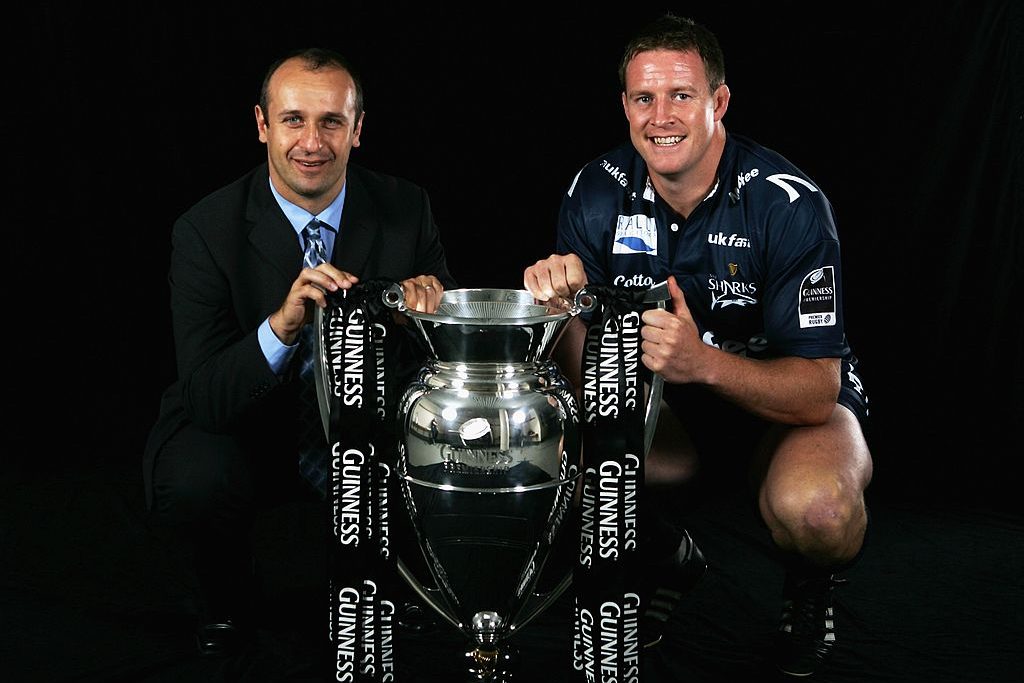
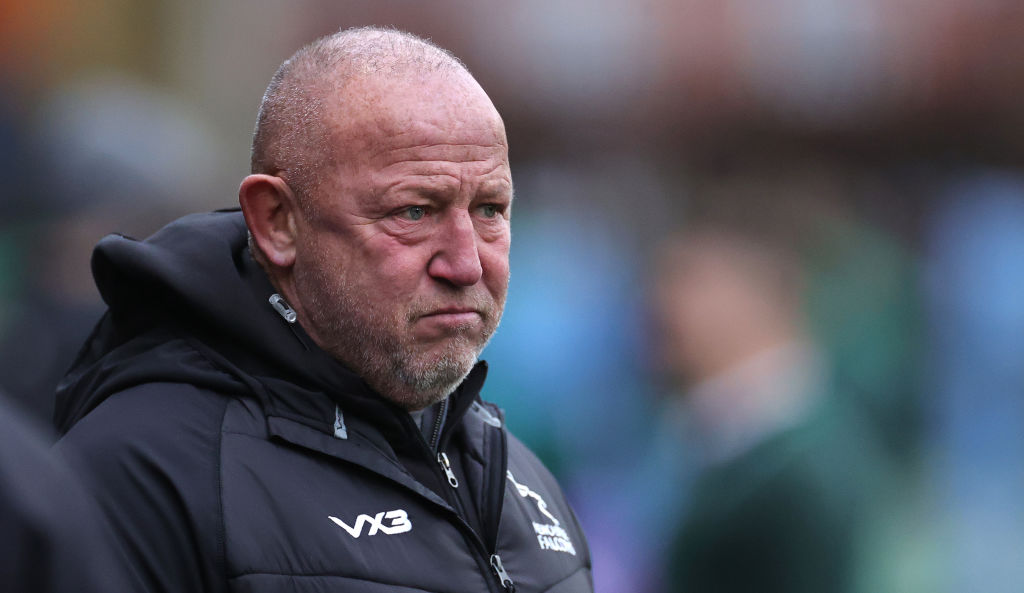
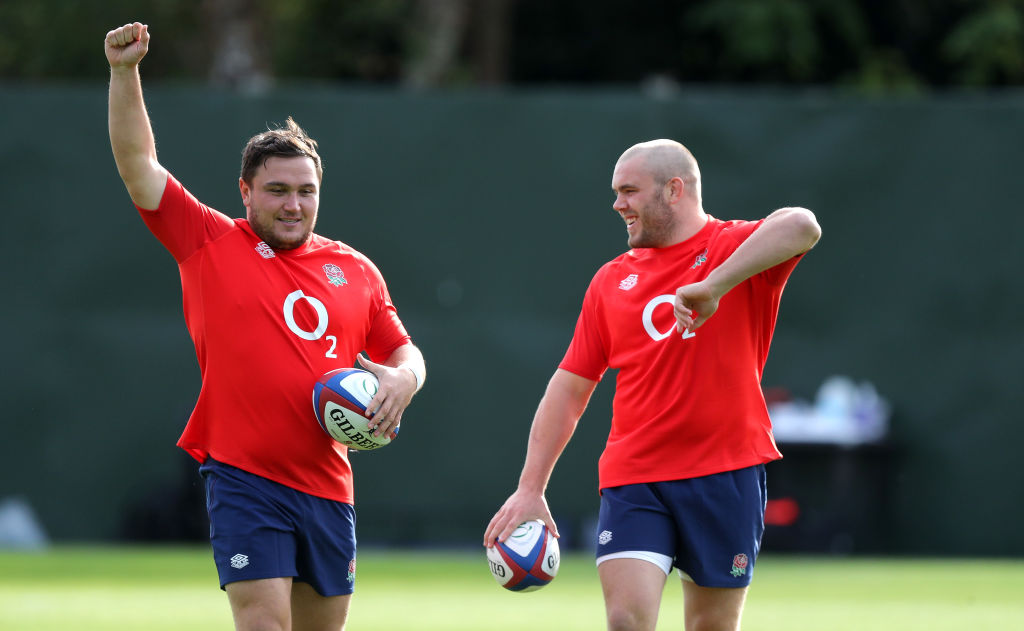
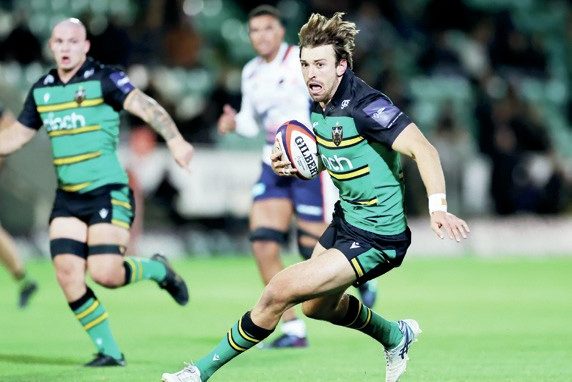


You must be logged in to post a comment Login